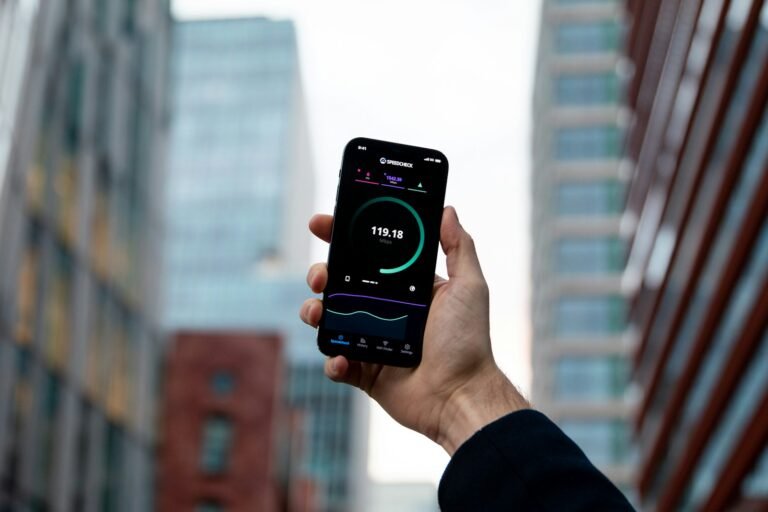Complimentary Wi-Fi makes buses susceptible to hacking from remote locations.
Researchers have uncovered significant vulnerabilities in the onboard and remote systems of some buses, revealing how these flaws can be exploited by hackers for malicious purposes such as tracking, control, and spying. The study highlights that the provision of free Wi-Fi on public transport systems, while convenient for passengers, inadvertently opens the door to cyber threats. Hackers can potentially gain unauthorised access to sensitive data and manipulate bus operations, posing risks not only to the privacy of individuals but also to the safety of the entire transport network.
The findings underscore the urgent need for enhanced cybersecurity measures within public transport systems to safeguard against these vulnerabilities. As cities increasingly adopt smart technologies, the integration of robust security protocols becomes essential to protect both passengers and infrastructure. By addressing these weaknesses, transport authorities can mitigate the risks associated with remote hacking and ensure a safer travel experience for all. The post titled “Free Wi-Fi Leaves Buses Vulnerable to Remote Hacking” was published on SecurityWeek, drawing attention to these critical issues in public transport security.








